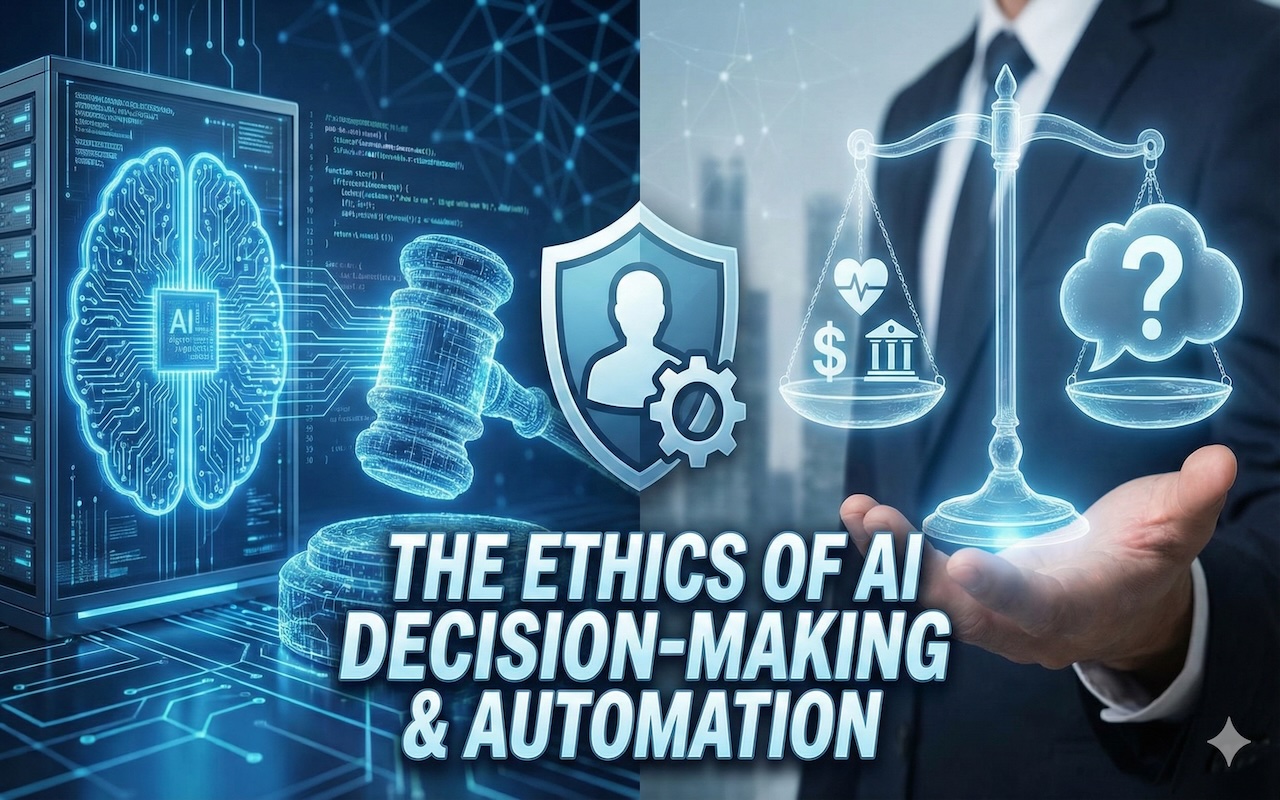
Artificial intelligence is reshaping business operations at an accelerating pace. It now handles customer service interactions independently, streamlines manufacturing processes, and influences how companies manage routine tasks as well as long-term competitiveness. Yet this rapid evolution raises a central concern: the impact of AI adoption on future employment and the growing levels of automation. As businesses rely more heavily on intelligent systems, it becomes clear that workforce skill requirements will shift. The entire notion of what work looks like may change, and some industries could reorganize entirely in response.
Understanding Artificial Intelligence in Business
Artificial intelligence in business involves deploying data-driven systems and smart algorithms capable of performing tasks that once required human reasoning. Companies use AI to analyze consumer behavior, detect fraud, optimize logistics, and support decision-making. As digital transformation expands across industries, AI becomes a major driver of innovation, helping organizations operate more efficiently and reduce costs. Automation takes over repetitive, time-consuming tasks that once slowed operations.
Still, AI in business is not just about replacing people with machines. Its broader purpose is to elevate productivity and enable more informed decision-making. For instance, customer support teams often use chatbots built on natural language processing. These systems manage routine inquiries, allowing human agents to focus on complex issues requiring creativity and nuanced judgment.
Automation and the Future of Jobs
Artificial intelligence introduces a major shift through automation, accelerating routine processes and improving accuracy. This naturally creates concerns about job security in sectors such as manufacturing, transportation, and retail. Many worry that advanced robotics and intelligent systems might fully take over human roles, potentially increasing unemployment in those fields.
The reality is more complex. While certain jobs may disappear, many others will evolve or emerge due to AI-driven innovation. Future employment will hinge on the need for people who can oversee, design, and evaluate AI systems. Demand for specialists in machine learning, data analytics, and AI development is expected to rise steadily. Rather than simply eliminating jobs, AI may redefine them.
Reskilling and the Human Element
As AI continues transforming business operations, reskilling becomes essential. Workers will need to shift into roles requiring critical thinking, creativity, problem-solving, and emotional intelligence, areas where machines cannot compete. Organizations that invest in employee training to complement AI tools will gain a competitive advantage.
AI should be viewed as an enabler, not a threat. For example, an AI system may analyze massive datasets and propose potential marketing strategies, but human teams still craft the messaging that resonates with audiences. People remain crucial in roles involving empathy, creative insight, and ethical judgment.
AI’s Influence on Different Industries
Artificial intelligence affects industries in unique ways. In healthcare, AI helps doctors detect diseases more quickly by analyzing large datasets. In finance, AI solutions identify unusual transactions and enhance fraud prevention. Manufacturing benefits from AI-powered predictive maintenance, improving supply chain efficiency and boosting productivity. Even creative fields—such as design, writing, and media production—use AI tools to generate ideas and streamline workflows.
However, this widespread adoption must be approached thoughtfully. Without oversight, automation may intensify inequality or create unstable labor conditions. Ethical implementation and supportive policy frameworks help balance innovation with fairness and societal well-being.
The Future of Human–AI Collaboration
Research increasingly shows that the future of work will involve collaboration rather than competition between humans and machines. AI excels at tasks requiring precision and data processing, while humans contribute strategic thinking, emotional understanding, and contextual judgment. This partnership creates hybrid work environments where AI augments human ability.
Consider customer experience management. AI can predict customer needs, but human service agents provide empathy and nuanced communication. Similarly, AI can sift through huge data sets for insights, while business leaders make final decisions based on experience and ethical reasoning.
Ethical and Social Implications
As AI becomes more integrated into business operations and workforce management, ethical questions naturally emerge. Heavy reliance on automated systems for hiring or employee evaluation can introduce bias. Protecting worker data also becomes essential. These challenges call for strategies centered on transparency, fairness, and accountability.
Organizations will need stronger governance policies to ensure responsible AI usage. Policymakers may also need to update labor laws to reflect changes in automation and workplace dynamics. Approaching AI responsibly builds trust and ensures sustainable progress that benefits both employers and employees.
Conclusion
Artificial intelligence is poised to reshape employment and automation across the business landscape. Some jobs may decline, but new roles—focused on creativity, emotional insight, technical expertise, and oversight—will continue to grow. Adaptation is crucial. Both organizations and individuals can navigate this shift successfully through ongoing learning, targeted reskilling, and healthy collaboration between humans and AI systems.
AI does not signal the end of human work. Instead, it marks the beginning of a more intelligent, efficient, and interconnected working world. The challenge moving forward is to guide automation so its benefits are shared widely. Innovation should enhance the human role in work—not eliminate it. Those willing to learn, evolve, and collaborate with advanced technologies will shape the future ahead.
Share this post
Leave a comment
All comments are moderated. Spammy and bot submitted comments are deleted. Please submit the comments that are helpful to others, and we'll approve your comments. A comment that includes outbound link will only be approved if the content is relevant to the topic, and has some value to our readers.



Comments (0)
No comment